Krishna Tulasi
₹99
Krishna Tulasi, also known as Holy Basil, is a revered sacred plant in Ayurveda and traditional Indian medicine. This unique variety is known for its deep purple leaves and potent medicinal properties.
40 people are viewing this product right now
🔥 4 items sold in last 3 hours
Krishna Tulasi, also known as Holy Basil, is a revered sacred plant in Ayurveda and traditional Indian medicine. This unique variety is known for its deep purple leaves and potent medicinal properties.
Key Features & Benefits
- Strong Medicinal Properties: Krishna Tulasi is rich in antioxidants, anti-inflammatory compounds, and adaptions, which can help boost immunity, reduce stress, and improve overall well-being.
- Spiritual Significance: In Hinduism, Tulasi is considered a sacred plant and is often worshipped in temples. Growing Krishna Tulasi at home can bring a sense of peace and spirituality.
- Aromatic Leaves: The leaves possess a strong, pungent aroma, which can be used to make herbal teas, infusions, and medicinal preparations.
- Attracts Beneficial Insects: The plant can attract pollinators like bees and butterflies to your garden.
- Easy to Grow: Krishna Tulasi is relatively easy to cultivate and can thrive in various conditions.
Plant Care Guide
Ideal Plantation Locations
Krishna Tulasi thrives in warm climates with plenty of sunlight. It prefers well-drained soil rich in organic matter. It can be grown in pots or directly in the ground.
Planting & Gardening Instructions
- Location: Choose a sunny location with at least 6 hours of direct sunlight per day.
- Soil Preparation: Prepare the soil by mixing it with compost or well-rotted manure to improve drainage and fertility.
- Planting: Plant the Krishna Tulasi seedling or seeds in the prepared soil.
- Spacing: If planting multiple plants, maintain a spacing of 12-18 inches between them.
Watering
Water the plant regularly, ensuring the soil is moist but not waterlogged. Allow the top inch of soil to dry out slightly between waterings.
Fertilizers
Fertilize the plant every 2-3 weeks with a balanced liquid fertilizer diluted to half strength.
Re-potting Instructions
Re-pot the plant annually in the spring into a slightly larger pot. Use a well-draining potting mix.
Fruiting Season
Krishna Tulasi primarily produces seeds.
Usage Ideas
- Medicinal uses: Make herbal tea, prepare infusions, use in Ayurvedic remedies.
- Culinary uses: Add leaves to soups, stews, and curries for flavor.
- Spiritual uses: Grow as a sacred plant for worship and meditation.
- Ornamental uses: Add a touch of vibrant color to your garden.
Care Tips
- Prune regularly to maintain shape and encourage bushier growth.
- Protect the plant from strong winds and heavy rain.
- Monitor for pests and diseases and treat accordingly.
- Mulch around the base of the plant to retain moisture and suppress weeds.
Only logged in customers who have purchased this product may leave a review.
Related products
Designed, Developed & Maintained by Growww.
Copyright © 2024 Ashok Chakra Nursery


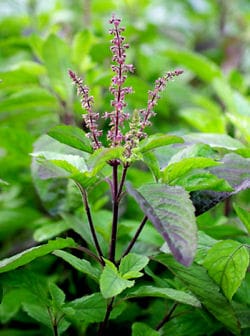

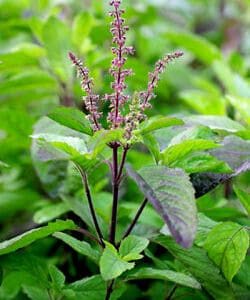





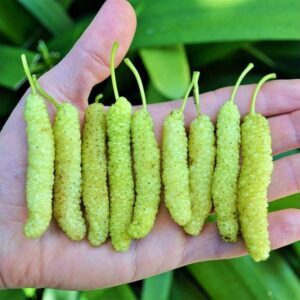
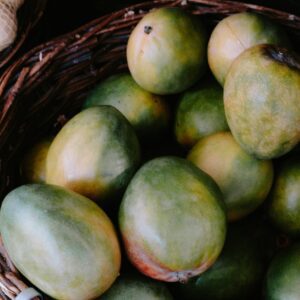


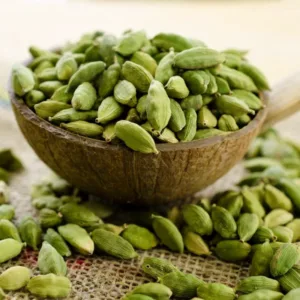
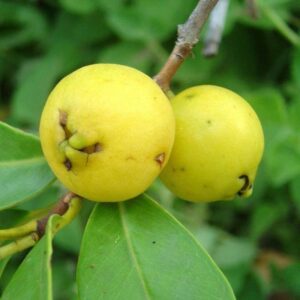
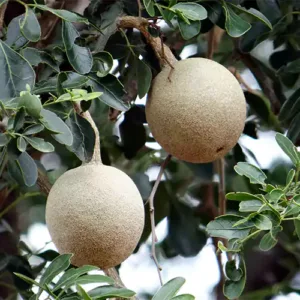
Reviews
There are no reviews yet.